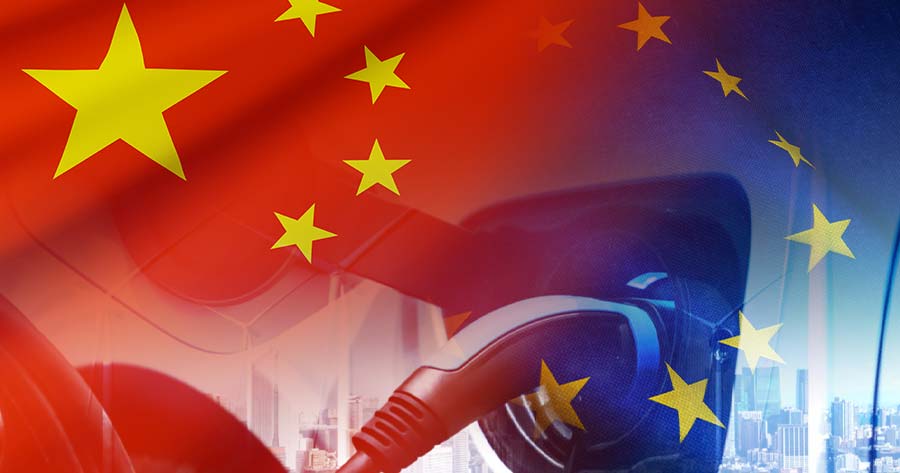Ji Yue Auto, an electric vehicle (EV) startup backed by Baidu and Geely, disbanded overnight, leaving employees, suppliers, and consumers in shock. Despite rapid expansion, a video call by CEO Xia Yiping on December 11 revealed unpaid employee benefits and a grim ultimatum, marking the company’s end. The collapse highlights the challenges of China’s competitive EV market, even for startups with strong investors. [para. 1]
Ji Yue, originally Jidu Auto, launched in March 2021 with Baidu holding 55% stake and Geely 45%. Despite potential, Ji Yue faced a licensing hurdle, delaying its first model’s production. By 2024, the company’s finances were strained with lenders refusing to renew credit lines, leading to liquidity issues and eventual shutdown. Baidu and Geely initially pledged a 50 billion yuan investment but contributed far less. Ji Yue’s cumulative losses reached 7 billion yuan, including significant supplier debts, despite launching two vehicle models. [para. 4][para. 6]
The company’s abrupt decline left car owners, suppliers, and creditors scrambling. Over 1,000 unsold cars were seized, and car owners protested at Baidu and Geely offices for clarity on services and promised updates. [para. 6]
Jidu Auto positioned itself as a trailblazer, branding its cars as “robots on wheels.” However, regulatory challenges and a focus on innovation over practicality led to operational missteps. A licensing issue stalled its ROBO-01 model, forcing it to use Geely’s manufacturing credentials. Despite initial high pricing, sales lagged behind competitors, resulting in a price cut and consumer distrust. Internal mismanagement, chaotic management, and frequent personnel changes further weakened the company. Financial strains continued, with incentives unable to mitigate losses. [para. 13][para. 14]
Baidu aimed to showcase smart driving tech through Ji Yue but struggled with regulatory hurdles. Competitors like Huawei intensified pressure, and Baidu shifted focus towards AI, sidelining automotive ambitions. Executive departures and aroused uncertainties within Ji Yue, leaving Baidu with unmet debts and a significant setback in smart driving exploration. [para. 22][para. 24]
Geely’s involvement was “hands-off,” focusing on steady revenue. Despite being the largest supplier, it offered limited support, extending payment terms and becoming Ji Yue’s largest creditor. However, with broader consolidation efforts, Geely shifted focus from Ji Yue to other brands with higher potential. [para. 28][para. 30]
Ji Yue’s rise and fall mirrored China’s booming EV market from 2021, paralleling launches like Geely’s Zeekr and Xiaomi’s automotive division. The withdrawal of national subsidies and price wars led many startups to collapse. While some automakers secured strategic investments, others, including Ji Yue, faced financial crises. This affected the supply chain and resulted in several bankruptcies. [para. 33][para. 39]
AI generated, for reference only



